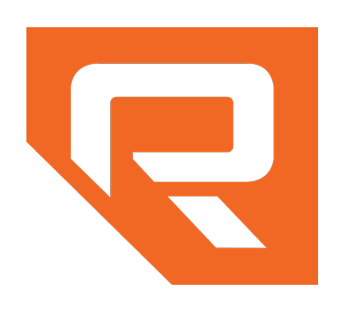Right of Publicity Claims on the Rise
With the rise of Artificial Intelligence (“AI”) generated content, the risk of potential intellectual property infringement and right of publicity violations are increasing. For instance, earlier this year, an anonymous post on TikTok featured an AI generated song, “Heart on My Sleeve” featuring fake vocals from Drake and The Weeknd. To date, neither Drake nor The Weeknd had taken legal action for the AI generated content mimicking their vocals. However, celebrities have since taken a stand against AI generated content for various intellectual property and right of publicity violations.
On November 1, 2023, it was reported that Scarlett Johansson is taking legal action over an AI generated image of her in an advertisement without her consent. Earlier this fall, a 22-second advertisement was posted on X by an AI generating app, Lisa AI.
The advertisement included AI generated photos of Johannson and imitated her voice. The bottom of the advertisement included the following disclaimer: “Images produced by Lisa AI. It has nothing to do with this person.” Was this disclaimer enough to escape potential right of publicity violations?
Like Johannson, Drake, and The Weeknd, many other celebrities have also had their image or likeness imitated with AI and used in advertisements or social media posts. The use of people’s image and likeness without consent raises concerns based on right of publicity issues. Currently, 36 states recognize the right of publicity, only 25 of which have codified the right of publicity in state statutes. In general terms, the right of publicity protects an individual from the unauthorized use of their name, image, or likeness for commercial purposes. The specific requirements for a right of publicity cause of action will depend on the state of the individual. Due to the varying parameters for right of publicity depending on the state and the rise of potential right of publicity violations through the development of technology and AI, the public has begun calling for a right of publicity on a federal level.
If you are using AI generated content, we would encourage you to contact us to review the content to assess whether there are potential intellectual property or right of publicity violations. If your image or likeness was used in AI generated content, we would encourage you to contact us, and we can advise you on any legal rights you may have.
At Renner Otto, the oldest intellectual property firm in Cleveland, we specialize in assisting our clients as they develop efficient Intellectual Property strategies that are tailored to their business’s needs. Our attorneys are knowledgeable on a wide range of domestic and international IP issues, and we partner with Firms around the world to better serve our clients.
Someone from the Renner Otto team would be happy to discuss this topic or any related Intellectual Property matters.
Contact us for a complimentary consultation to see how we can help your business move your innovation forward.
The attorneys at Renner Otto strive to be authorities in all matters concerning the ever-evolving landscape of Intellectual Property; however, the information provided on our website is not intended to be legal advice, nor does it create an attorney-client relationship.


